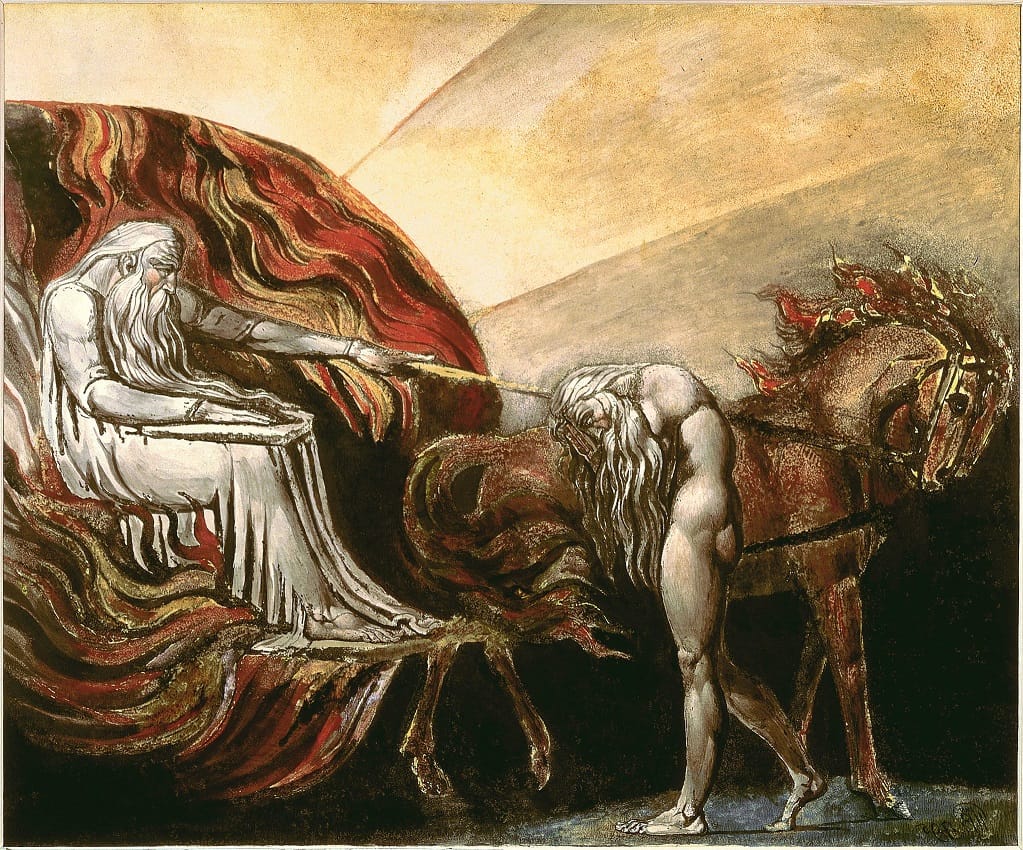
Skeptical theism and moral obligation essay
According to skeptical theism the possibility of existence of an ideal God is not at all limited by our inability to understand why such a God allows the terrible suffering that we see happening in the world. The author argues that traditional theism assumes that our world is better, or not worse, if God allows someone’s immolation than it would have been without it. The most recent interpretations of the empirical argument from evil non-existence of god claim that the most adequate explanation of why we fail to find a sufficient moral justification for God allowing so much suffering is that there is just no possible justification of it; it is impossible to find what does not exist.
Skeptical theists claim that considering our limited paradigm of values, it is no wonder that we are unable to perceive the reasons that justify God in permitting the existing suffering, and therefore our inability to see such reasons cannot serve evidence against God’s existence or perfection. In fact, skeptical theism argues that it is we who cannot be justified in our disbelief that if God permits someone’s suffering it will turn for the best for the sufferer. According to some skeptical theism critics, this point works too well, and its skeptical attitude to values involves provisions that would be strongly rejected by theists and others.
According to Maitzen, a theological footing for skepticism of external-world is rooted in Descartes, who could not neutralize it. However, skeptical theism rejects this presumption, and it also rejects Descartes’ assertive discharge of this specific skeptical concern. As far as he or we can presume, extreme divine deception is totally good. Moreover, it should be emphasized that the present argument — from skeptical theism to the failure to exclude extreme divine deception — is not itself based on presuming skepticism about value. It only requires the statement that (1) as far as we know, deception may be good, all things considered, that is, we do not know for sure that deception is always bad, all things considered.
It is noticeable that (1) is coherent with the non-skeptical statement that (2) we know that deception may be good, all things considered, a thesis which can be supported, for instance, from the standpoint of a murderer looking for a new victim. The author states that each of (1) and (2) suggests our failure to exclude extreme divine deception except if we know for sure that God’s intentions never justify deception. Therefore, if skeptical theists are right that we cannot know God’s intentions, and that they never justify deception, then Descartes’s anti-skeptical strategy fails. Maitzen’s claim from skeptical theism to Descartes’s strategy failure is not based on assumption of skepticism about anything.
On the contrary, naturalism more easily adapts the statement that the very nature of morality is such that it cannot exceed what people have ever known.
In general, skeptical theism challenges our usual feel of moral duty. Not referring to moral learning as such, it turns out that skeptical theism provokes a sort of moral paralysis which would be justifiably rejected by theists and others.
Apart from that, there is a kind of belief that a theist is expected to have and that is non-typical of a non-theist which eliminates the moral obligation to interfere in cases of horrendous evil: it is the belief that there is someone who can ensure that the suffering we are witnessing will be turned for the sufferer’s own good even without our interference.
Thus, in his paper, Maitzen sticks to the opinion that skeptical theism involves an amount of moral skepticism which would be unacceptable even for skeptical theists themselves, and it threatens moral obligations which even skeptical theists would like to sustain.

